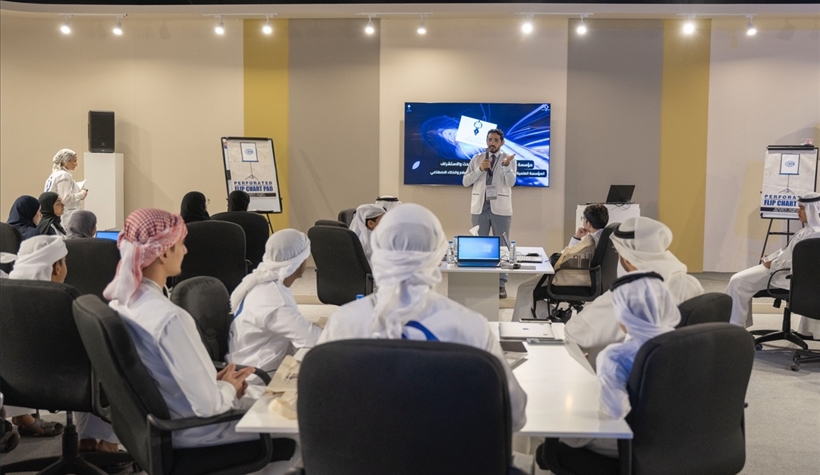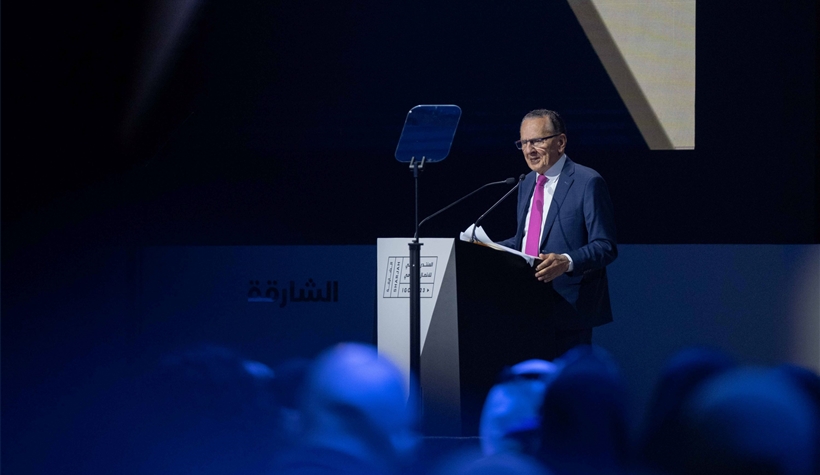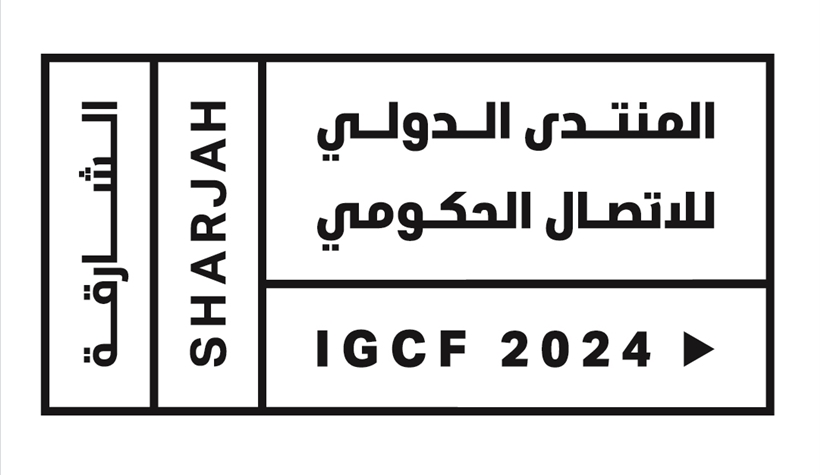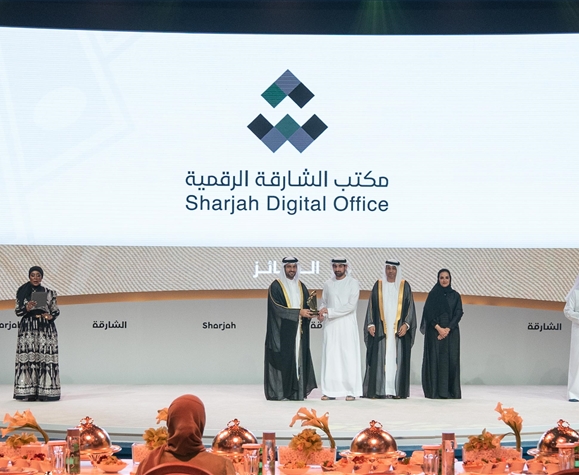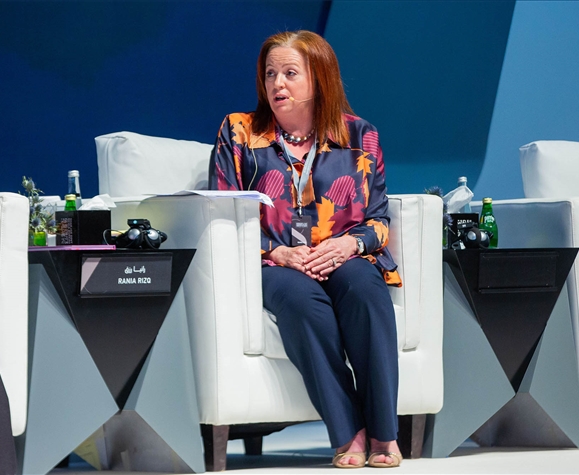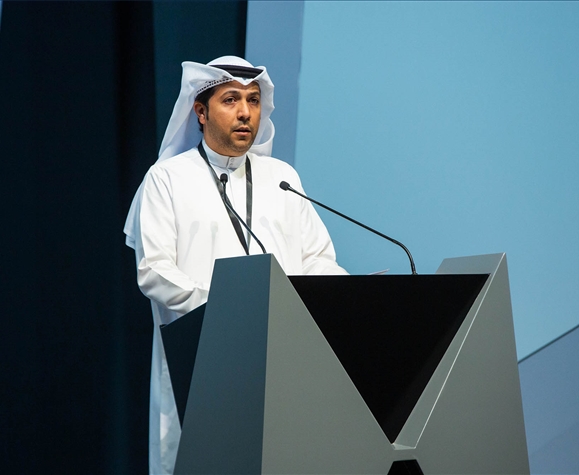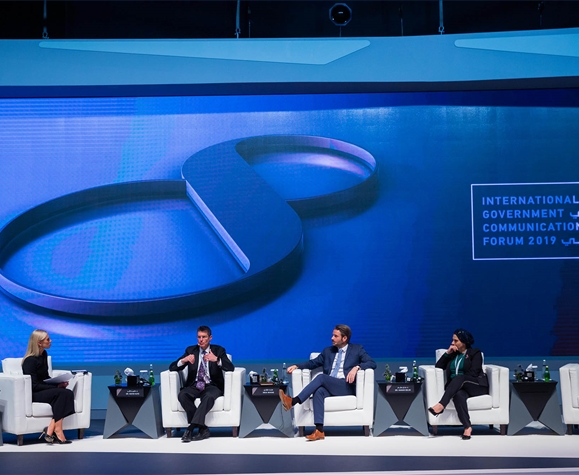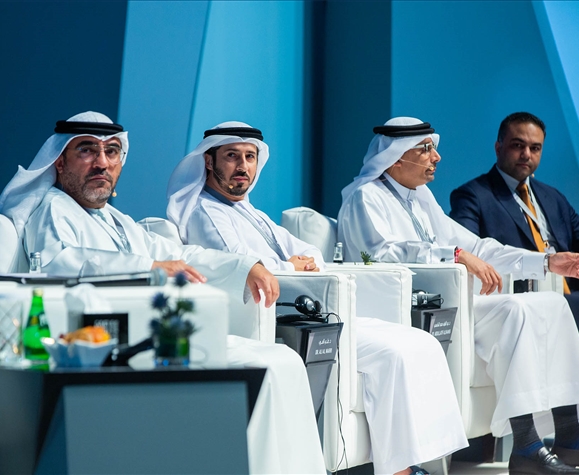-
2021
The biggest challenge before the world today is managing the ongoing transformations to formulate and restructure a new international order. This is essential to highlight the existing balances of power, accommodate global changes on all levels, and respond to each country's aspirations for a just international order that provides a strategic environment for a safe and stable world.
- HIS ROYAL HIGHNESS PRINCE TURKI AL FAISAL, FOUNDER AND TRUSTEE OF THE KING FAISAL FOUNDATION AND CHAIRMAN OF THE KING FAISAL CENTER FOR RESEARCH AND ISLAMIC STUDIES -
2021
Over the course of two years, we witnessed the impact of effective communication during a crisis had on the performance of governments. It is evident that governments with open communication channels and mutual trust with their peoples were able to better manage the crisis and carry out their duties to direct, control and raise awareness in a quicker and more efficient manner.
- HE AHMED ABOUL GHEIT SECRETARY-GENERAL OF THE ARAB LEAGUE -
2022
IGCF is an international platform through which we call on everyone to affirm that diversity and pluralism are creative forces that will help achieve development and stability. I also call for continuous work to shape and deepen people’s awareness of the world they live in, assert noble human values and direct them towards the desired goals.
- HE Sheikh Nahyan bin Mubarak Al Nahyan, UAE Minister of Tolerance and Coexistence -
2022
Although world leaders made many promises on climate change, many did not see the light of day due to a dilemma of balancing development, addressing poverty and creating jobs, on the one hand, and reducing emissions and addressing climate change, on the other. Therefore, at the Global Commission on the Economy and Climate, we found it is necessary to start promoting sustainability models and projects as potential opportunities to achieve future growth in various sectors.
- HE Felipe Calderón, Former President of Mexico and Honorary Chairman of the Global Commission on the Economy and Climate. -
2022
Our success lies in presenting ourselves as who we are. This is something that can be achieved through the quality of our unique content, not money. The role of drama is not only to entertain but also bring about a change in systems, rules and behaviour.
- Dr. Ashraf Zaki, Head of the Egyptian Actors Syndicate -
2021
For effective government communication to achieve its objective, it needs to be supported by ethical private media. The achievement and protection of key national objectives is a collective responsibility. There is a need for a charter to govern the cyber space to enable readers to sift facts from fake news and false information
- DR. NAYEF FALAH AL-HAJRAF SECRETARY GENERAL OF THE GULF COOPERATION COUNCIL -
2021
To answer the pressing question: which is more interesting for communities? Truth or the way and mechanism in which it is communicated to them? Innovation is vital in content creation and the story plays a key role in shaping public opinion. People usually do not care about the truth or correct information as much as they are interested in how to obtain it. There are many examples of stories that went viral although they are not correct, such as the stories of "Newton's apple" and "Marie Antoinette's cakes.
- AHMED AL GHANDOUR, EGYPTIAN YOUTUBE CONTENT MAKER -
2020
We are (right now) witnessing the post-communication age, which aims to envision the future through a review and assimilation of the past. The future of post-communication age depends on the abilit to think, act and communicate in a different way, as well as to have a global perspective and a universal culture. We must move away from talking about the crises triggered by humans in the past, to look at a future that is holistic, inclusive, positive and human-centric
- HRH PRINCE EL HASSAN BIN TALAL OF JORDAN PRESIDENT AND PATRON OF THE ARAB THOUGHT FORUM -
2020
THE STORY OF A MIND WITH NO LIMITS, Circumstances do not make a human being but help them discover their true potential. Internet is the only equal universal platform in the world. It is where everyone is offered a level playing field. We can change the future of the Arab world by harnessing the power of the internet to learn, educate, generate awareness, hold dialogue and strengthen cultural exchange and fraternal relations
- HE DR TALAL ABU-GHAZALEH, FOUNDER AND CHAIRMAN, TALAL ABU-GHAZALEH GLOBAL (TAG GLOBAL) -
2018
Organising the relationship between the public, governments and private sector needs three key steps. It is important to consolidate a common ethical system, achieve an effective social media engagement and find an organisation or an entity that accepts its role as an organisor."
- NAGUIB SAWIRIS, CEO of Egypt's Orascom Telecom Media and Technology Holding. -
2017
The climate crisis is very different from any crisis we have ever confronted. The population has quadrupled, and as technologies continue to become more powerful, the prevailing pattern of short-term thinking does not provide an impetus to make the investments in long- term infrastructure changes that are needed to achieve sustainable reductions in greenhouse gas emissions. Some of the conversation has been dominated by inaccurate information. We cannot afford to allow science and reason to be undermined. Governments are in denial and we cannot continue to let political disagreements impair collective efforts to protect the environment.
- Albert Gore (Al Gore), Vice President of the United States -
2017
All 193 countries of the UN have adopted the principles enshrined in the SDGs for two reasons. First, the world needs to change direction to be more economically and environmentally conscious as well as equitable. We can no longer go on as we have. Second, the SDGs are not ideas or suggestions but targets for 2030 that must be fulfilled so that mankind can survive and thrive. The SDGs are a powerful communication tool to align countries on key objectives for the near future. Strong and relentless public and private sector action can collectively provide the roadmap towards achieving these objectives.
- Dr Jeffrey Sachs, Renowned development economist and Director of Earth Institute, Columbia University -
2017
While we think about the world we have inherited-plagued by tremendous wealth concentration, environmental problems and a dearth of jobs - we must take a peek into our history. We have always been problem-solvers. In fact, I have observed even illiterate women at Grameen Bank flourish into entrepreneurs with determination and hard work. There is no reason that educated youth today - in Bangladesh and all over the world should be job seekers when they could be job creators. Our mindsets need a drastic shift to reorient ourselves in line with the changing world.
- Dr. Muhammad Yunus, Founder of Grameen Bank of Bangladesh and Nobel Peace Prize Winner -
2016
Human rights have become the language that nations use to communicate with one another and the common yardstick by which all countries are judged. Trade deals, aid packages and appointments to international bodies can be made wholly dependent on a country's human rights regime. Ultimately, a country's global reputation stands or falls based on its human rights record, as reported by the media, NGOs, the UN and other states. This means that governments must be vocal and communicate about human rights with the international communky.
- Amal Alamuddin Clooney Lawyer, international human rights activist and author -
2015
One of the core challenges is developing capacities and tools that allow governments to deal with crises. Governments need to engage proactively with civil society and independent influential individuals to form informal associations capable of monitoring changes. Such moves will benefit governments and develop them further. This forum is the only model for dialogue on government communication regionally and internationally, and I hope that other Arab governments follow the example of Sharjah and the UAE in adopting policies of openness and constructive communication towards people and the media.
- Lakhdar Brahimi, Special Advisor to the Secretary- General of the United Nations (2005-2004) -
2015
If a government is to convince the public of its goals, the public must prompt the government to hear its concerns and aspirations, and meet its growing demands. Despite the fact that the media is still a successful channel of persuasion, it only flows in a single direction, especially if the media lacks freedom and objectivity. Effective communication, on the other hand, is richer and more humane for it allows the exchange of thoughts, measures reaction, and encourages participation. Furthermore, communication today is no longer limited to public speaking and includes modern technologies and governance techniques as well. We must spread the culture of communication between officials and the public and create the right environment for its dissemination in a way that is independent of any influences from legislative, executive and judicial authorities. We need to enact laws that protect communication from any political arrogance. We must fight strict media censorship, and not restrain the media with dictatorship. Last but not the least, officials need to leave their ivory towers and get closer to the public.
- HE President General Michel Sleiman, President of the Republic of Lebanon (2008-2014) -
2014
CCA media professional must respect the reader or listener, public interest, and people's right to information. He must demonstrate ethics in reporting the truth with accuracy, integrity and fairness. On their part, media professionals have rights that should be guaranteed by the law, including the freedom of expression, the right to criticise, the freedom of access to all sources of information, and the freedom to investigate without interfering in confidential public or private affairs, unless of course, the exception is clearly justified.
- Mikhail Gorbachev, Last Ruling President of the Soviet Union (USSR) -
2022
The UAE had one of the best responses to the pandemic, it had effective communication strategies as one of the key driving factors. It has reached a stage where young leaders are enlightened enough to move the society forward and must take on global leadership roles.
- Jim Yong Kim, MD, PhD, Former President of World Bank Group -
2013
A lack of adequate, effective communication between the government and the people in the Arab world is just one of the many reasons behind the revolutionary changes in the region. Gone are the days when governments were able to monopolise communications channels. We have witnessed a watershed moment in the Arab world, and while the momentum for change may be slow, it will never stop. Countries in the region may progress at different speeds, but orientation is the same: the abolishment of dictatorship and despotism. Hence, leaders must wake up and respond to the significance of communication in the 21st century, while we remain aware to sensitivities of culture and heritage.
- Amre Moussa, Former Secretary-General of the Arab League -
2013
In many countries, governments tend to make promises that exceed their capacity. Governments, as a must, ought to meet the minimum requirement of credibility. Moreover, media channels must be able to portray all sides of the government, not just the positives. Transparency is critical, and, in my opinion, this is not an impossible feat.
- Jihad Al Khazen, Writer and Journalist at Al Hayat Newspaper
News
Photos
Videos
-
69,200 No. Of Attendees
as recorded for all previous editions
-
664 Total No. of speakers
as recorded for all previous editions
-
29,376 Total No. of media coverage
as recorded for all previous editions
-
758 Total Participations
as recorded for all previous editions
<
-
337 Participations
from the Emirate of Sharjah as recorded for all previous editions
-
255 Participations
from the rest of the Emirates across the UAE as recorded for all previous editions
-
164 Participations
from the GCC Region as recorded for all previous editions
-
1845 Total media coverage
as recorded for all previous editions




